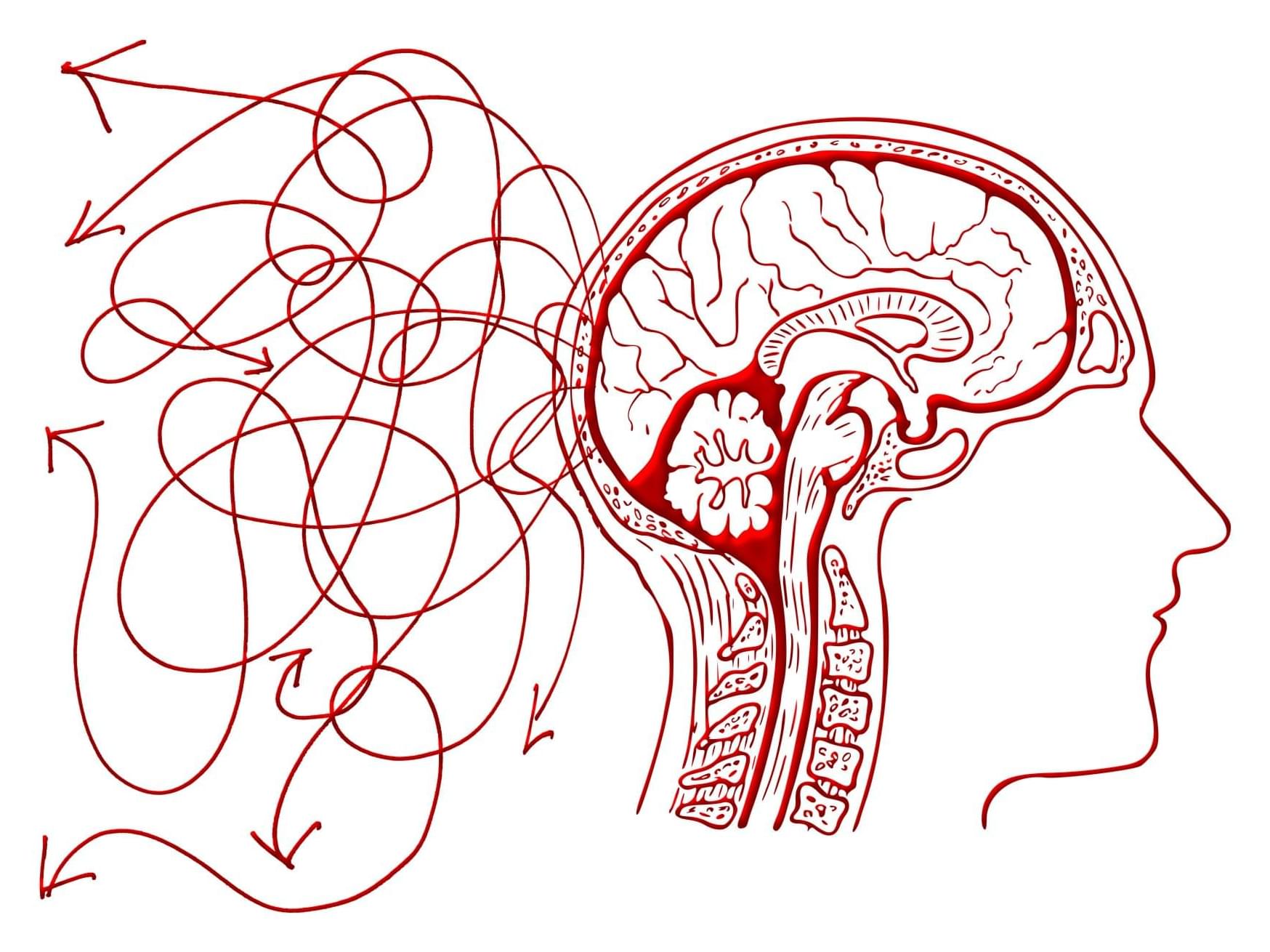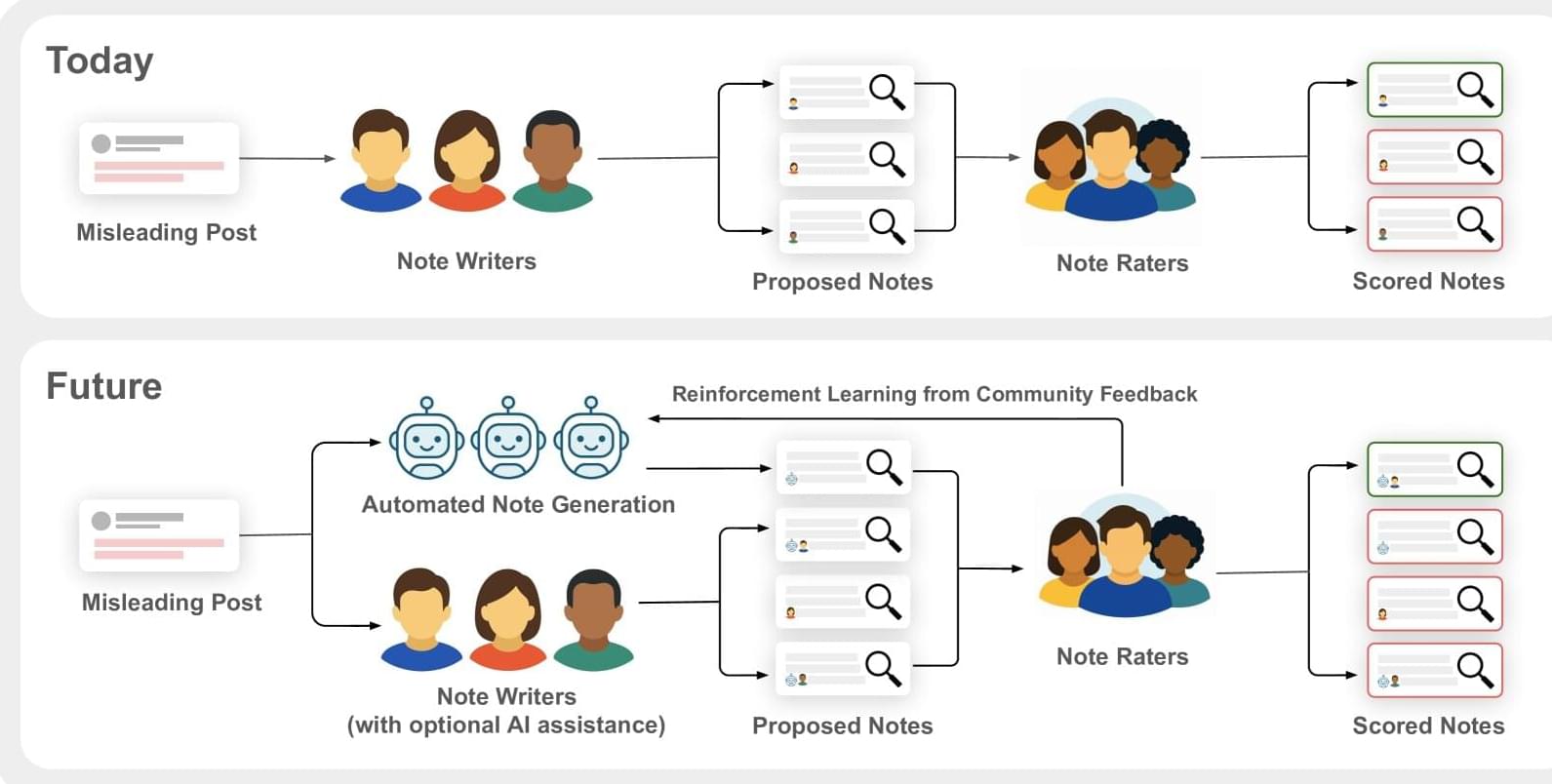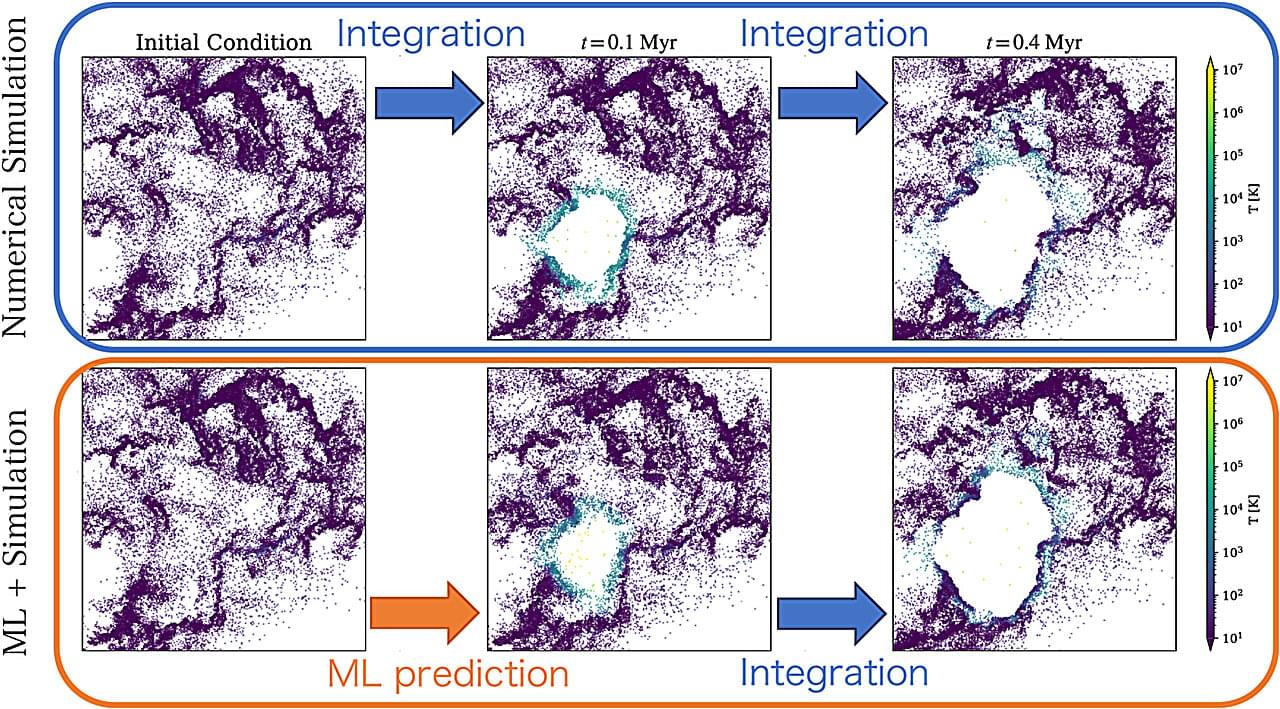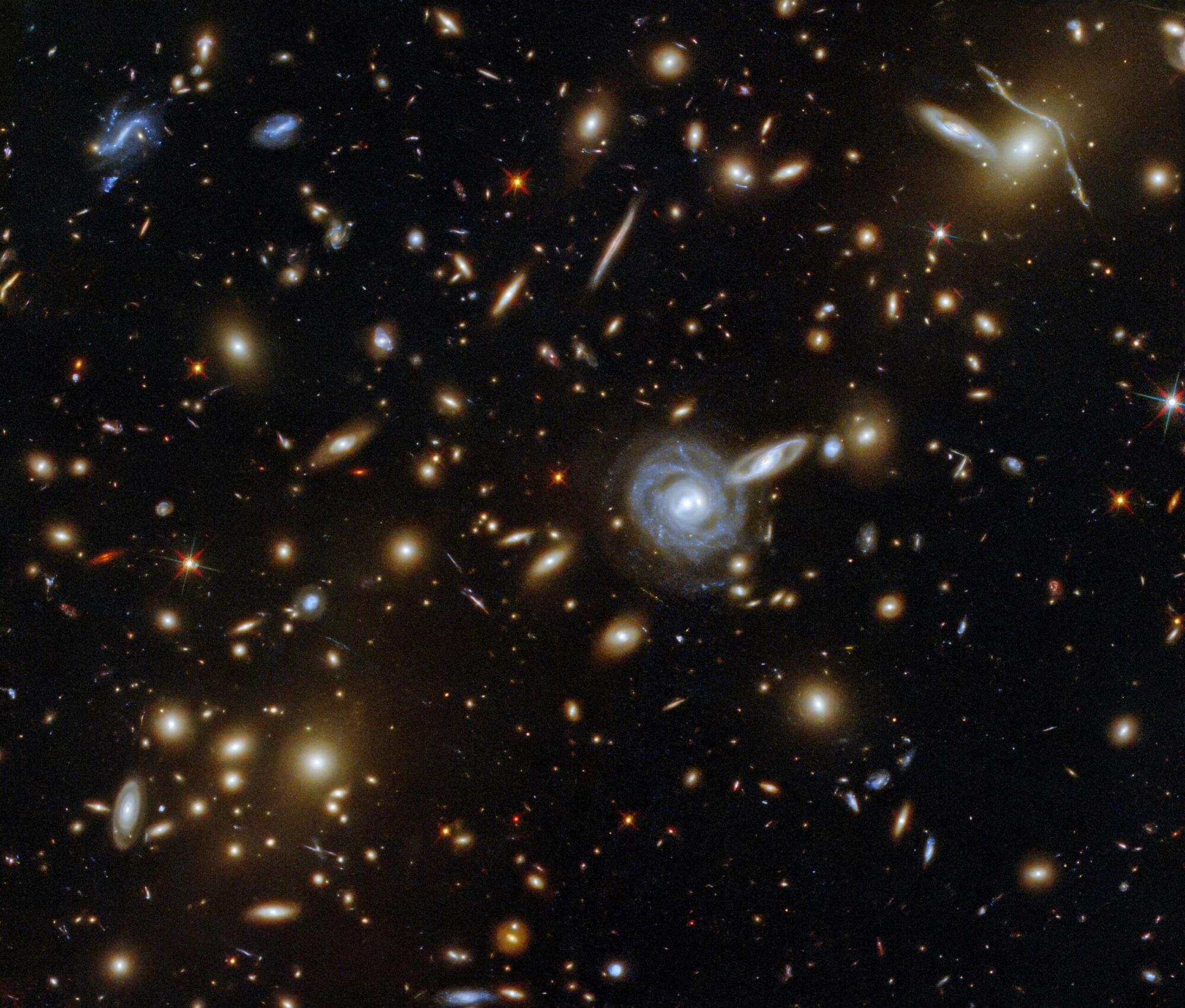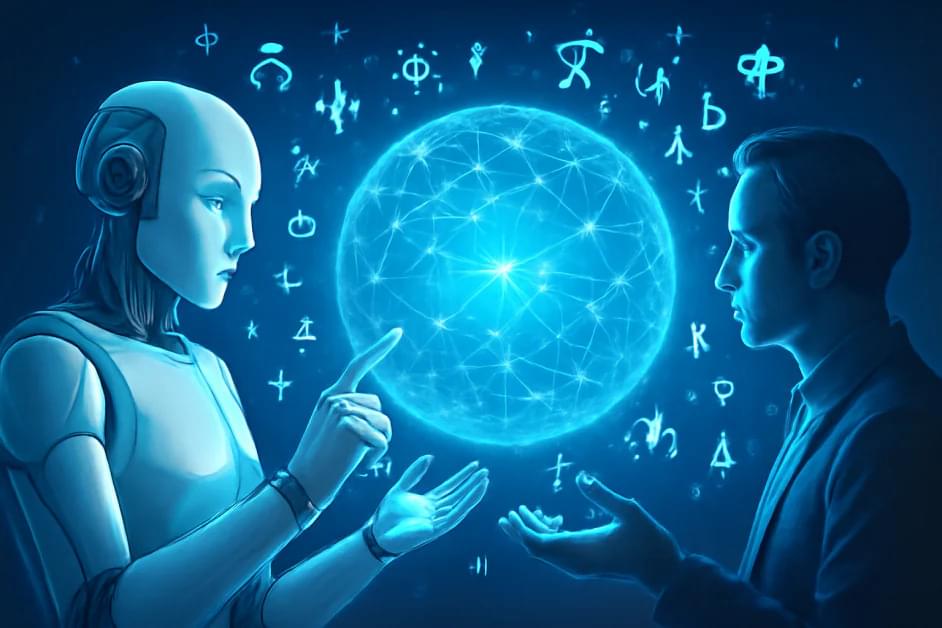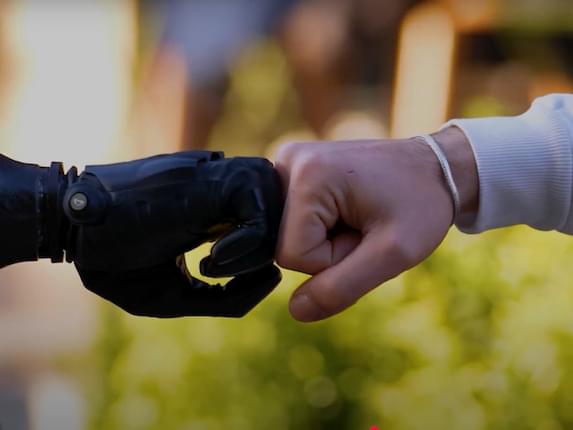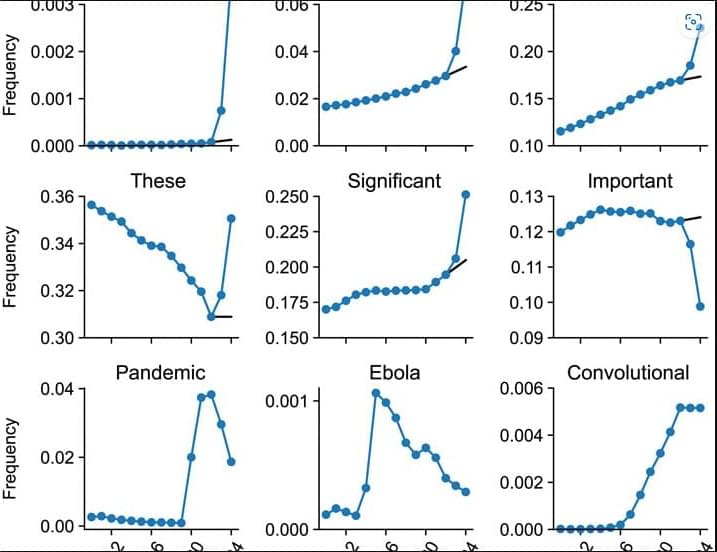Researchers have long been interested in how humans and animals make decisions by focusing on trial-and-error behavior informed by recent information. However, the conventional frameworks for understanding these behaviors may overlook certain realities of decision-making because they assume we make the best decisions after taking into account our past experiences.
A newly released study by a team of scientists deploys AI in innovative ways to better understand this process. By using tiny artificial neural networks, the researchers’ work illuminates in detail what drives an individual’s actual choices—regardless of whether those choices are optimal or not.
The work appears in Nature.
